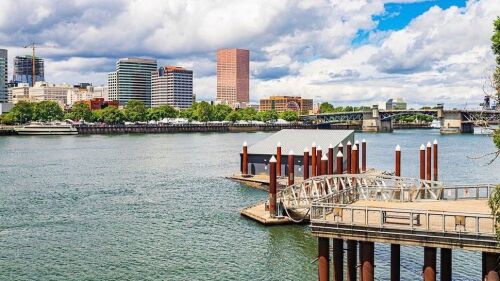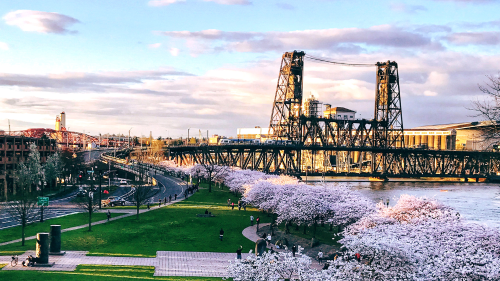The Portland Water Bureau has announced that its Improved Corrosion Control Treatment project at the Lusted Hill facility is officially online, further reducing potential levels of lead at customers’ taps. Here’s what you need to know.
Where does our water come from?
Portland’s primary source of drinking water — for nearly 1 million people — comes from the Bull Run Watershed. At 8.2 on the pH scale, you would be safe to drink this water, even though it is naturally corrosive.
Why does this affect me?
It may or may not. Lead service lines were never used in Portland’s municipal water system. However, many older homes, especially those built between 1970-1985 (about 15,000 in the city) were constructed with copper plumbing that used lead solder to connect the pipes. When the corrosive water comes into contact with lead, it essentially dissolves the metal into the drinking supply, which can cause many documented health detriments.
Tests conducted at the end of last year showed elevated levels of lead, triggering alarm bells for residents. Officials implemented interim actions, like highlighting the Lead Hazard Reduction Program, while also speeding up the timeline to get the new treatment plant online.
How does the facility work?
Now that it’s active, the project will utilize naturally occurring substances — sodium carbonate and carbon dioxide — to increase the pH and alkalinity of the water from 8.2 to at least 8.5, making it less corrosive to lead and other metals found in some home and building plumbing.
If you’re still concerned, residents, childcare providers, and schools can request a free lead-in-water testing kit here.
What’s next?
Another project, Bull Run Filtration, will remove the microorganism Cryptosporidium and other potential contaminants and will be operational by September 2027.












